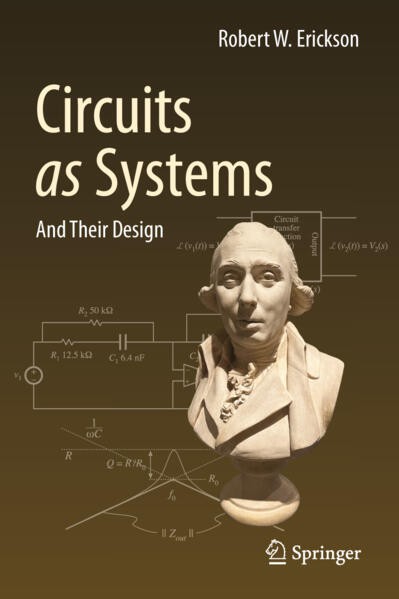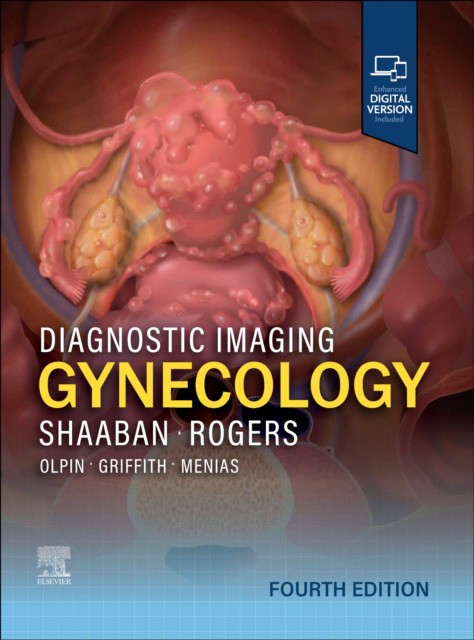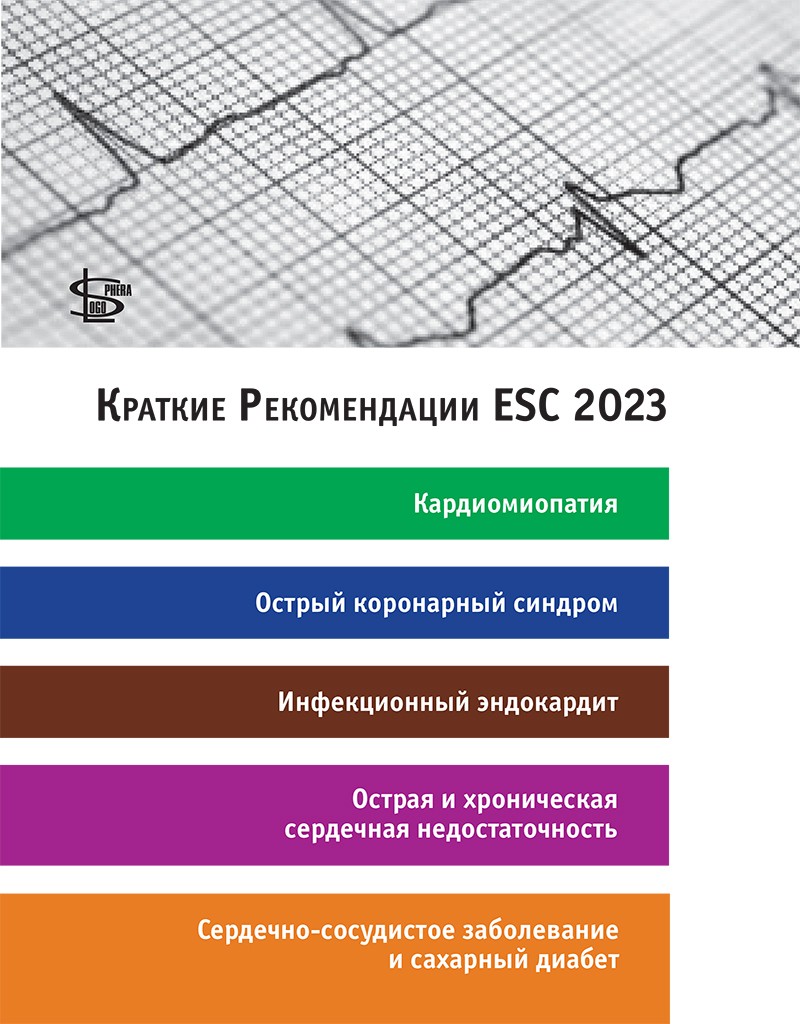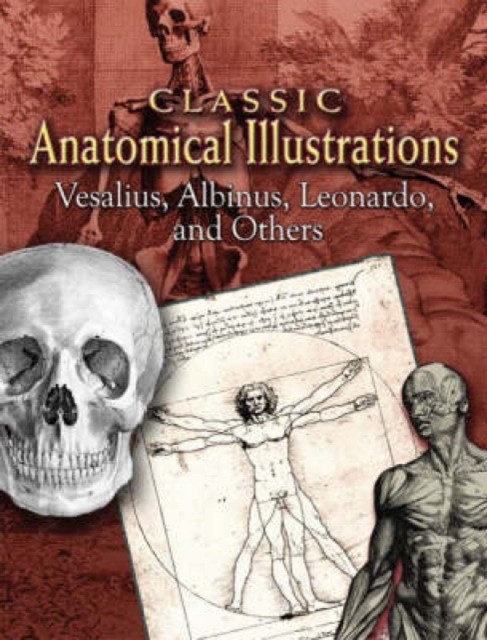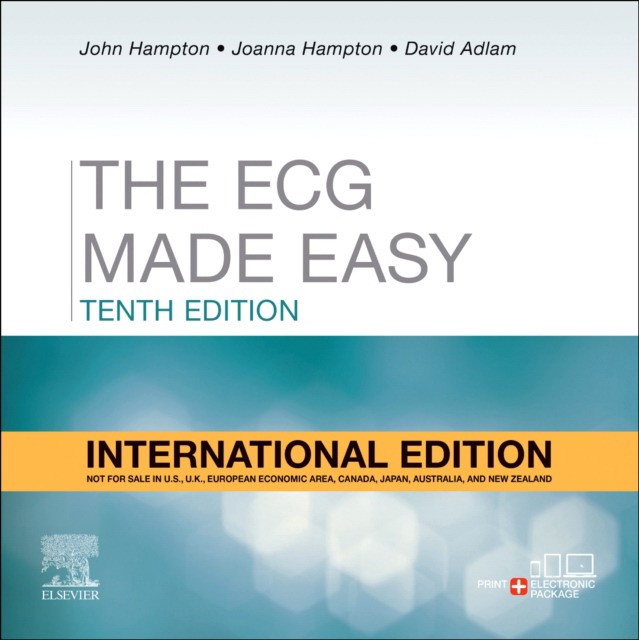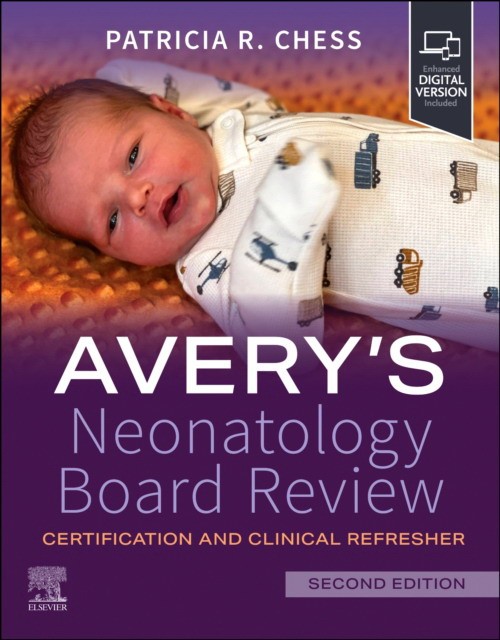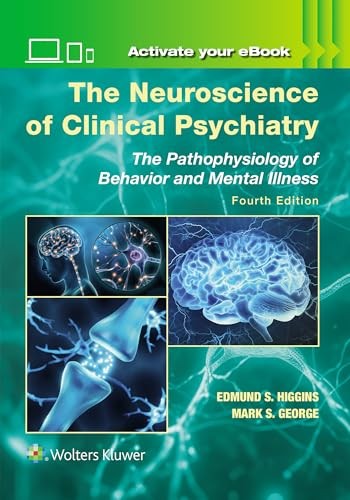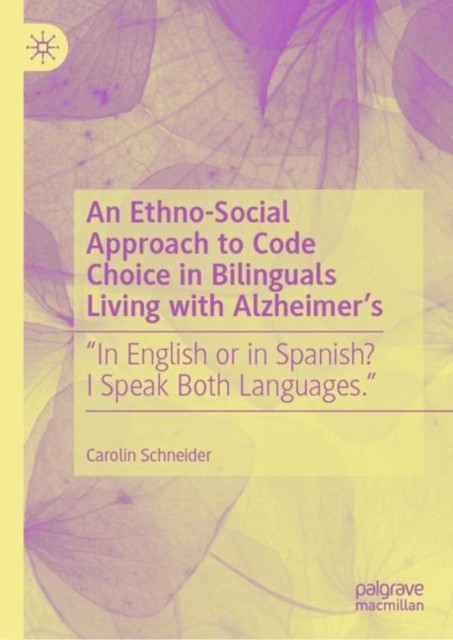
ISBN: 9783031464829
Код товара 159368
An Ethno-Social Approach to Code Choice in Bilinguals Living with Alzheimer’s

ISBN: 9783031464829
Код товара 159368
XML_ID: 16255793
14 635 ₽
Доставка под заказ
Если Вы закажете книгу до 02.03.2026, то мы привезём её ориентировочно 13.04.2026.
-
Автор
Schneider
-
Издатель
Springer
-
Тип обложки
Hardback
-
Размеры
210 x 148
-
Год издания
2024
-
ISBN
9783031464829
-
Язык
ENG
-
Кол-во страниц
255
О чём книга?
This book examines the under-researched field of communication by bilingual people with dementia of the Alzheimer's type (DAT). The aging population is increasingly affected by neurocognitive diseases such as DAT, and over the past 30 years, the growing research body concerned with monolingual DAT discourses has seen significant growth. The findings from monolingual studies and institutional settings highlight the importance of code choice for a person’s sense of autonomy, especially against the background of changing communicational abilities. Adding a new perspective, this book investigates how ten Puerto Rican speakers living with varying stages of DAT draw on their bilingual resources to accomplish verbal interaction in informal settings with their primary care partners. Drawing on narrative interviews conducted in Orlando, Florida, this multi-case study investigates situated language choices and code-switches by applying the ethno-social approach, i.e. combining features of conversation analysis and ethnography of communication. The author sheds light both on the question of how people living with DAT engage in conversations and which strategies they employ in their languages (English and Spanish) to reach their communicative goals. Specifically, by analyzing the role of code choice and code-switching in a qualitative manner, two main functional categories emerge: discourse-related and participant-related code-switching. Bilingual competencies remain even among participants living with severe DAT symptoms, as evident in retained interactional sequences such as salutations. Persons living with DAT competently negotiate code, either through exploratory code-switching or metalinguistic commentary, emphasizing the need for conversational partners to be sensitive to the communicative needs, in both languages, of speakers living with DAT. This book will be of interest to students and researchers working on dementia discourses, health communication, multilingualism and ageing, as well as Bilingual/ Multilingual families or individuals living with dementia.
Chapter 1: Preparing the Grounds – Making a Case for Conversational Dementia Research in an Increasingly Multilingual World.- Chapter 2: Understanding the Continuum of Dementia of the Alzheimer’s Type and Communication Profiles in its Context.- Chapter 3:
Отзывы
К сожалению, отзывов пока нет.
Подпишись на рассылку
Подпишись на рассылку
Знание — сила
Обещаем делиться новинками, статьями, подборками и всем, что действительно важно
P.S. спамить — не в нашем стиле
1.7 s.
|
s.
